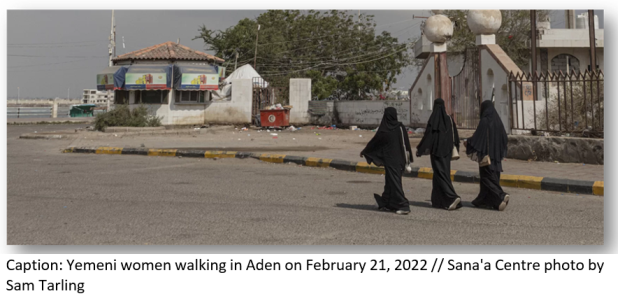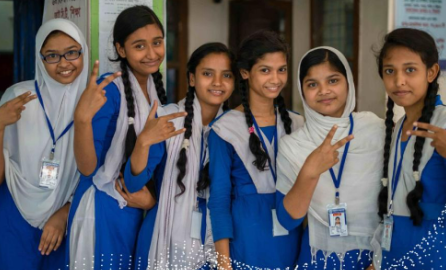Women in peacebuilding

-
Gender marker: G1-Promotes gender equality as a significant objective
-
Period of implementation: 2020 - 2023
-
Amount: EUR 2,969,121
-
Geographical area: Southern Neighbourhood + Yemen
-
Implementing partners:
-
Links to the project:
-
GAP III’s Areas:
-
Economic and social empowerment
-
Equal participation and leadership
-
Women, peace and security
-
Libya, Yemen, Syria, Iraq and Palestine are all experiencing different degrees and forms of conflict. Women’s participation in peacebuilding processes is essential to building sustainable peace, supporting affected groups and individuals, and rebuilding communities. It is also often greatly obstructed.
Unfortunately, women’s participation has sometimes been restricted to discussions and issues that are women-specific instead of being mainstreamed across negotiations and political talks. Even when women are included in the formal dimension of such processes, they can still be excluded where it counts. In the case of Yemen, for example, while women were included in national talks during the day, childcare required them to return home at the end of the day´s meetings, but real negotiations and agreements were made in the evening.
There is also a lack of knowledge and confidence in women’s real roles in political and peace processes, both by men and the women themselves. Women’s meaningful participation requires international commitments and frameworks to support it, but also action on the ground that comes from women's groups and civil society itself.
The EU-supported SAWT (an acronym that sounds like the term “voice” in Arabic) project, Supporting Arab Women at the Table, is targeting these important issues in the five countries. Alongside Arab Reform Initiative and other partners, its primary objective is to quantitatively and qualitatively increase women’s meaningful inclusion in political and peace processes. In so doing, the action will increase their ability to influence the outcomes of those processes, establish post-conflict gender egalitarian frameworks, and contribute to the long-term success of post-conflict reconciliation and reconstruction. It has a particular focus on the new generation of women activists and peacebuilders (from outside the traditional political sphere) who are not represented elsewhere.
To build these new capabilities, key actions include training of researchers; research, policy dialogues and roundtables; online workshops; summer schools; national dialogues initiatives; and other advocacy actions.
Of course, simply training women peacebuilders does not mean that they will be successfully integrated into these (typically) male-dominated processes and groups. To this end, the project works at the institutional level to ensure that these gains in participation are not short-lived, by advocating for legislation and structures that ensure that women’s voices and roles are included in the post-revolutionary and post-conflict phases in the five target countries. It also works to provide new visibility and awareness of women's current and potential roles (in a manner that does not endanger them in any way), building their confidence to participate more fully.
A lasting peace takes everyone. That’s why the EU and partners are happy to work to make sure everyone is represented at the negotiation table, helping to ensure stable, lasting success.
“MENA women's voices are unheard in decision-making circles. We need to understand their context and challenges to bypass structural barriers and think creatively for them to secure a seat at the table.” Fatmé Masri Project Director, Arab Reform Initiative.
